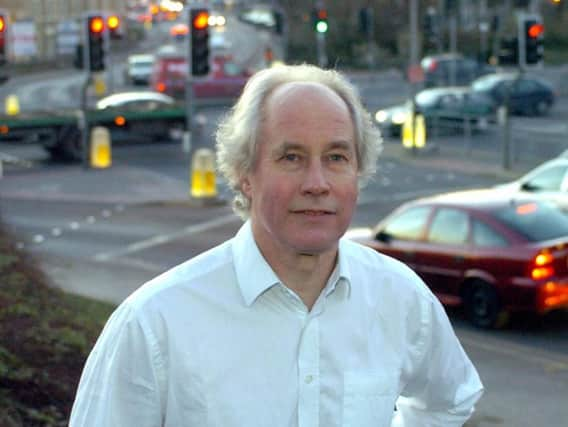Child poverty: Poorer pupils in Leeds '˜too hungry to concentrate', says councillor


The comments were made during a discussion on whether Leeds is a good place for children to grow up in today’s children’s scrutiny committee meeting.
One member told the meeting that children in deprived parts of the city couldn’t concentrate on lessons, and that child poverty was “holding the city back”.
Advertisement
Hide AdAdvertisement
Hide AdAn officer from Leeds City Council told the meeting: “We still have an issue around our disadvantaged pupils in Leeds. Although 2018 data suggests we are turning a corner, there is still work to do to make sure disadvantaged pupils in Leeds get up to the level of disadvantaged pupils in other parts of the country.
“One of the big differences has been in attendance – children are attending 400,000 more school days in 16/17 in comparison to 2011.
“Please recognise the differences that have been made in a challenging context – we know that there is more to do but we feel that the changes that need to be made are more refining than absolutely reorganising how we go about our work.”
Coun John Illingworth (Lab) replied: “The link between deprivation and achievement is so strong and it dominates every other input into the system. We need to narrow the gap.
Advertisement
Hide AdAdvertisement
Hide Ad“We need to engage with Ofsted. There is a school in my ward that gets Ofsted reports to die for, but I know that it is because it is a selective intake.
“Other schools struggle because those children are poor and hungry and not able to concentrate on lessons.
“Poverty is such a dominant feature, and that is what’s holding us back.”
Steve Walker, the council’s director of children’s services, said: “We have to be realistic.
Advertisement
Hide AdAdvertisement
Hide Ad“We cannot eradicate child poverty, but we can protect children form the impacts of poverty, and make sure that children living in more deprived areas of the city have the same opportunities as children in other areas of the city.
“We don’t simply want children coming to school, but we want them coming to school ready and able to learn. If you are hungry, tired or worried about difficulties at home, that is going to have an impact on your ability to learn.”
He added that schools in Leeds had “bought into” the cluster system, which sees schools coming together to provide support to disadvantaged pupils.
Coun Caroline Gruen (Lab), said: “There are things to do with nutrition and housing that we are not yet good enough at looking over the boundary to.
Advertisement
Hide AdAdvertisement
Hide Ad“The more I work with the community I represent, the more I think parenting is the issue here, and the amount of support that parents give, and the degree to which they understand how early learning takes place.
“We should look more systematically at engaging parents with the agenda.”
Coun Jonathan Pryor, the council’s portfolio holder for children’s services, said: “Parents can have an impact, but it comes back to poverty – it shows how ingrained it is into every part of a child’s life.”
A report which went to councillors stated: “There is now an overwhelming body of empirical research that links poverty, deprivation social class and parental educational achievement to the education outcomes of children and young people.
Advertisement
Hide AdAdvertisement
Hide Ad“The linkage is so strong that these factors are considered to significantly outweigh any other factor in determining the likely success of any child.”
Mr Walker added that child poverty is no longer a question of whether or not a parent was in employment.
He said: “Sixty percent of families in poverty have a parent in employment – it’s not as simple as it used to be.
“We want children from all backgrounds to have that potential – we can offer them the opportunity to do that.”